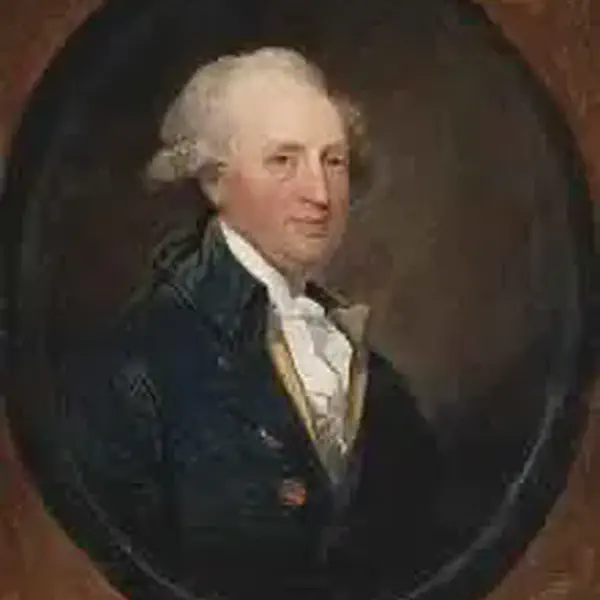
John Beresford Is Appointed Chief Commissioner of Revenue in Ireland
December 16, 1780
John Beresford, PC, PC (Ire) (14 March 1738 – 5 November 1805) was an Anglo-Irish statesman, MP for Co. Waterford and the last holder of the Chief Commissioner of Revenue in Ireland. He was appointed to the Chief Commissioner of Revenue on this date, December 16, 1780.
John Beresford’s appointment as Chief Commissioner of Revenue in Ireland marks a significant moment in Irish history, particularly in the context of the late 18th century.
Beresford, a prominent figure in Irish politics, played a key role in the administration and reform of Ireland’s fiscal systems during a complex period marked by political and social change.
Commissioners of the Revenue
The Commissioners of the Revenue, established to collect the Hereditary Revenue in 1662, oversaw the collection of all taxes. For a very brief period in the early 1770s the Board was divided into Customs and Excise, but the division was short-lived and incomplete.
The Board was composed partly of English and partly of Irish nominees, but throughout the century the First Commissioner - who was chiefly responsible for the operation of the Board and, prior to 1771, the distribution of its patronage - was invariably an Irishman.
Political career
Beresford entered the Irish House of Commons as member for County Waterford in 1761. In 1768, 1783, 1789 and finally in 1798, he stood also for Coleraine, however choosing each time to sit for County Waterford.
His industry, added to the influence of his family, procured his admission to the Privy Council of Ireland in 1768, and his appointment as one of the commissioners of revenue two years later.
Chief Commissioner of Revenue in Ireland
In 1780 he became first commissioner of revenue, a position which gave him powerful influence in the Irish administration. He introduced some useful reforms in the machinery of taxation; and he was the author of many improvements in the architecture of the public buildings and streets of Dublin.
He was first brought into conflict with Henry Grattan and the popular party, in 1784, by his support of the proposal that the Irish parliament in return for the removal of restrictions on Irish trade should be bound to adopt the English navigation laws.
Contemporary Context
Beresford’s role should be viewed in the context of the political and economic climate of Ireland at the time. This period was marked by significant challenges, including the impact of the American Revolutionary War, trade issues, and the lead-up to the Irish Rebellion of 1798.
Legacy
John Beresford’s legacy as Chief Commissioner of Revenue is intertwined with the broader history of Ireland’s governance in the 18th century. His contributions to the fiscal administration of Ireland would have had lasting impacts, both positive and negative, on the economic development of the country during this period.